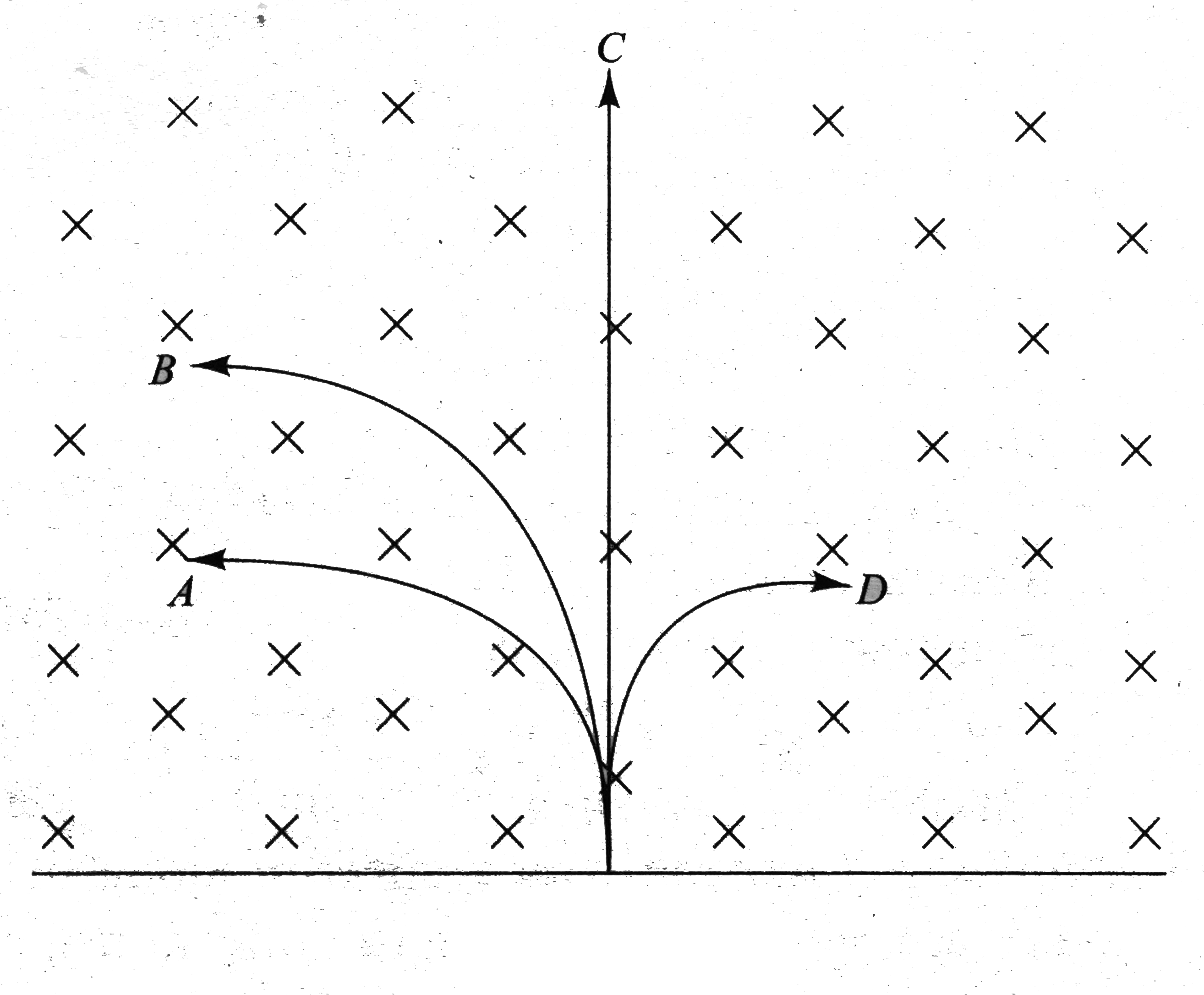A fre neutron decays into a proton an electron and
This statement is false because the neutron is an independent sub atomic particle. It is not formed by the combination of proton and neutron.
Topper's Solved these Questions
Similar Questions
Knowledge Check
Assertion:A free neutron is unstable
Reason : Free neutron disintegrates into proton, electron and an antineutrino i.e. n→p+e−+¯υAIf both assertion and reason are true and reason is the correct explanation of assertion .BIf both assertion and reason are true but reason is not the correct explanation of assertion .CIf assertion is true but reason is false .DIf both assertion and reason are false
A neutron initially at rest, decays into a proton, an electron and an antineutrino. The ejected electron has a momentum of 1.4×10−26 kg-m/s and that of antineutrino 6.4×10−27 kg-m/s. Find the recoil speed of the proton a. if the electron and the antineutrino are ejected along the same direction and b. if they are ejected along perpendicular directions. Mass of the proton 1.67×10−27kg.
View SolutionAssume that a neutron breaks into a proton and an electron . The energy reased during this process is (mass of neutron =1.6725×10−27kg mass of proton =1.6725×10−27kg mass of electron =9×10−31kg)
View SolutionA free neutron beta-decays to a proton weth a half-life of 14 minutes .(a)What is the decay constant ?(b)Find the energy liberated in the process.
View SolutionA free neutron decays spontaneously into
View SolutionBefore the neutrino hypothesis the beta decay process was throught to be the transition.
n→p+¯e
If this was true show that if the neutron was at rest the proton and electron would emerge with fixed energies and calculate them. Experimentally the electron energy was found to have a large range.
View SolutionA neutron, a proton, an electron and an α−particle enter a region of uniform magnetic field with equal velocities. The magnetic field is perpendicular to the paper and directed into it. The tracks of particles are labeled in Fig. 1.132. The neutron follows the track

View SolutionWhich of the following assertions are correct?
(i) A neutron can decay to a proton only inside a nucleus
(ii) A proton can change to a neutron only inside a nucleus
(iii) An isolated neutron can change into a proton
(iv) An isolated proton can change into a neutron
View Solution
